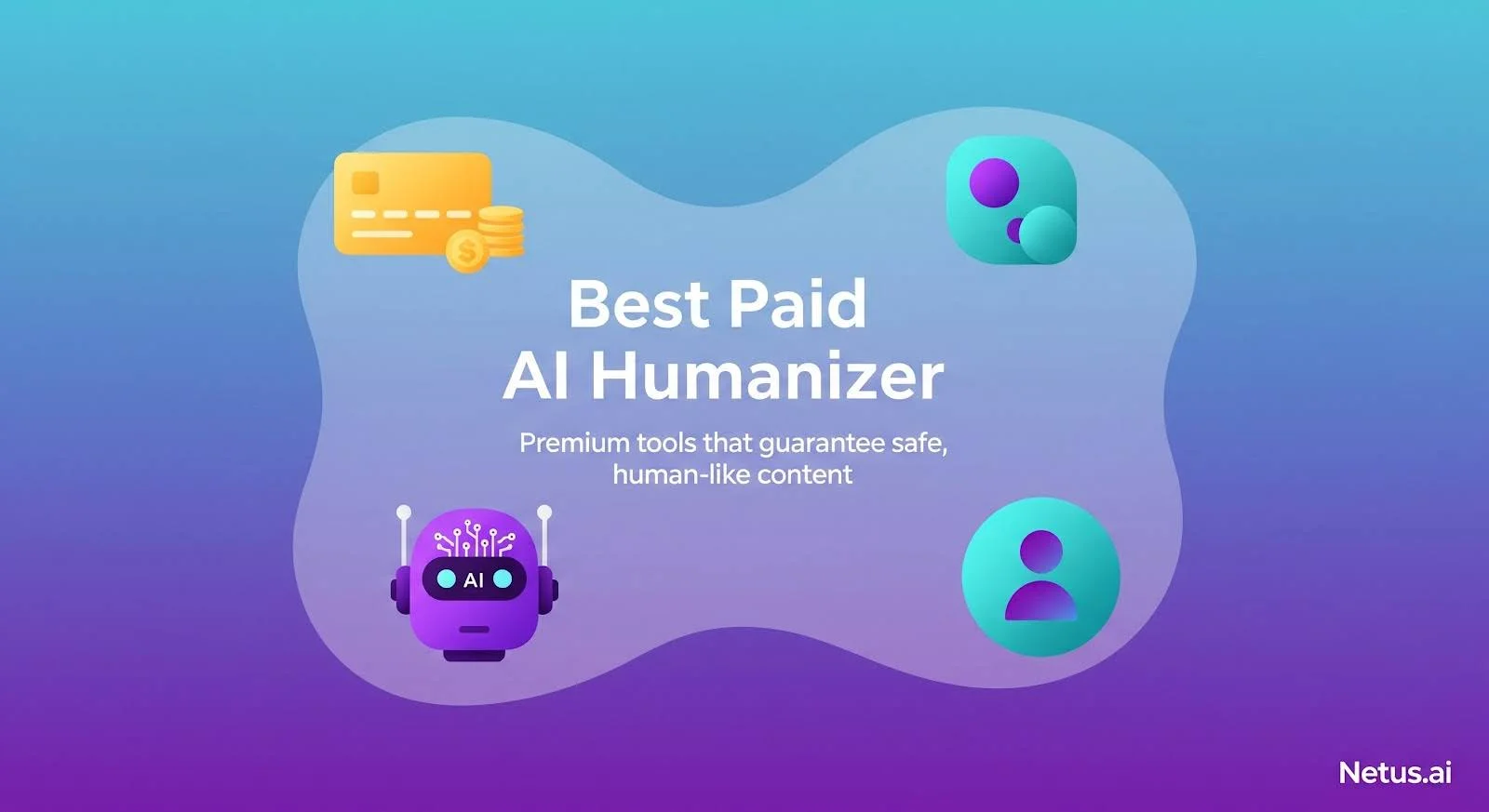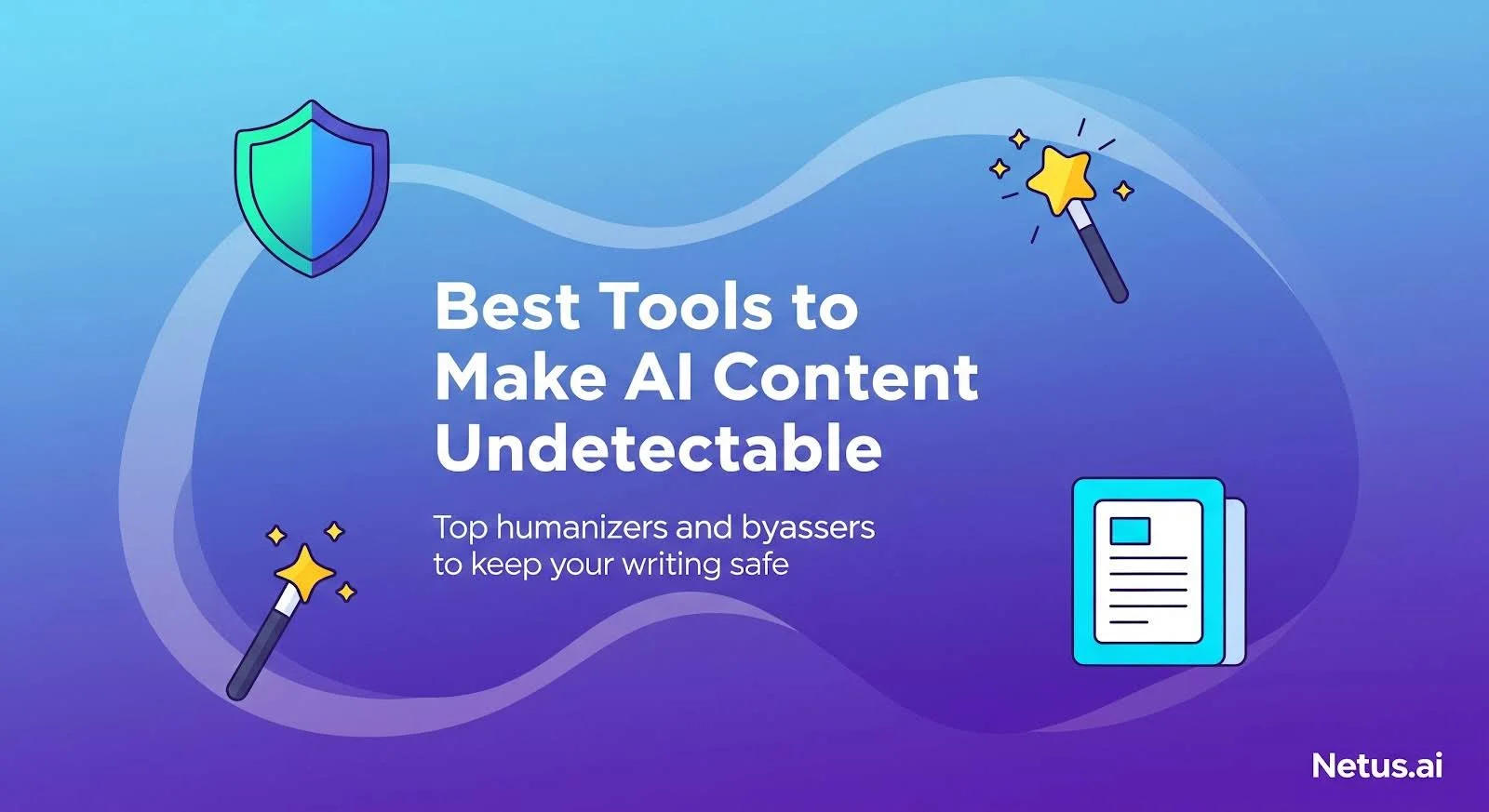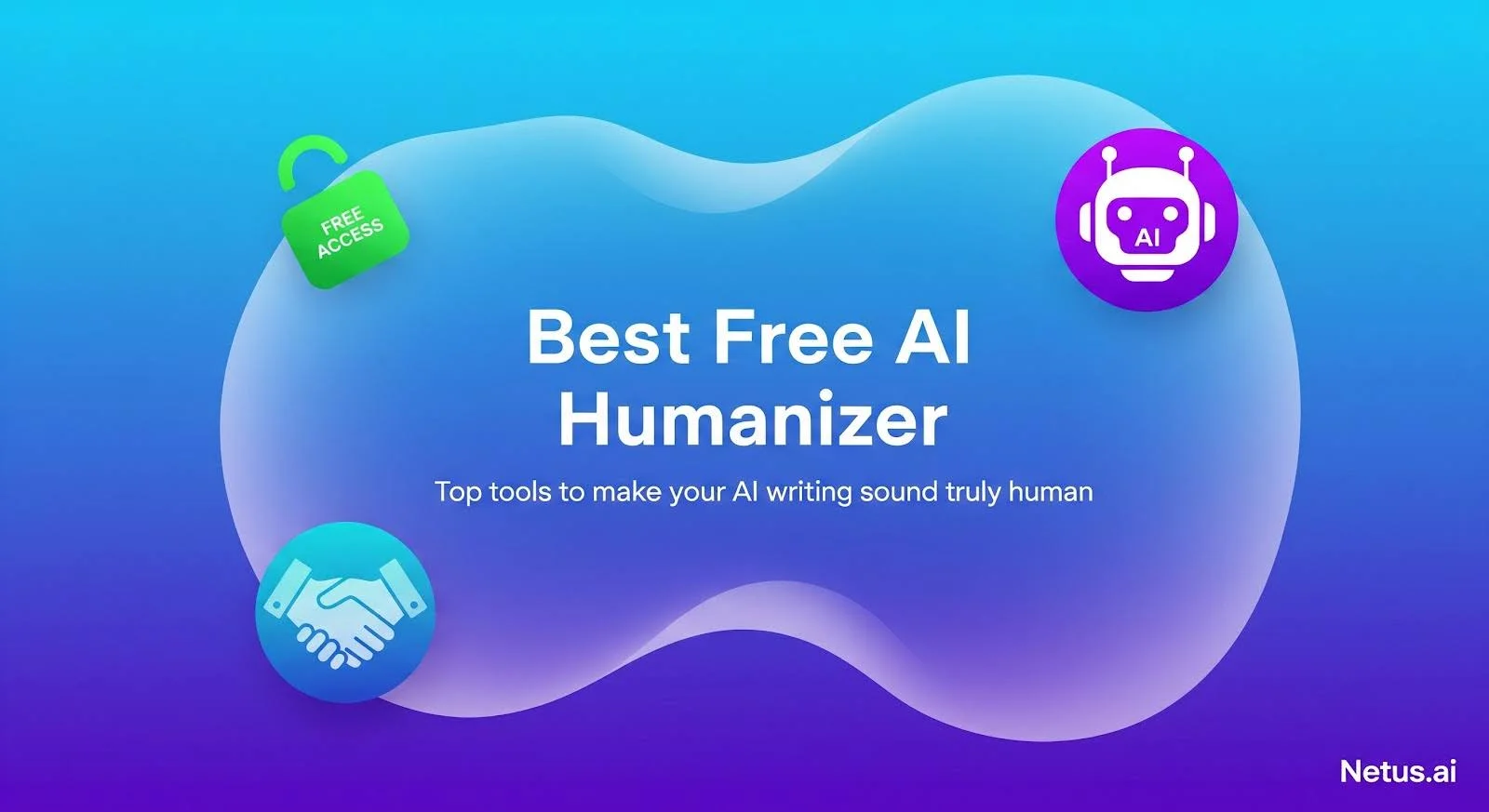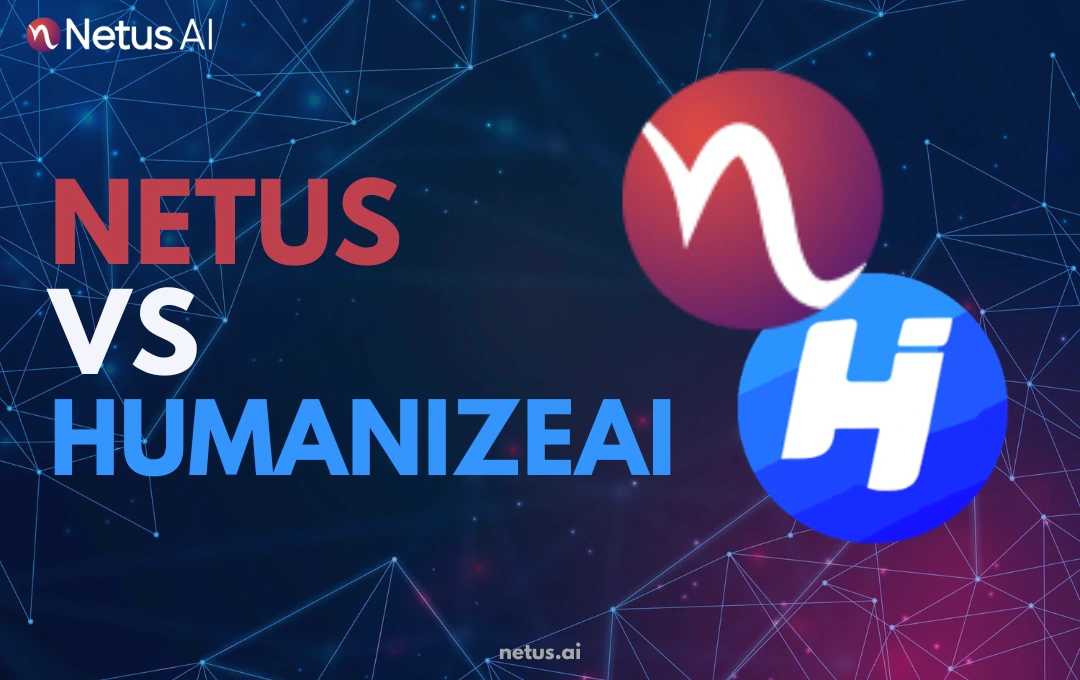Free tools can only get you so far. Generic paraphrasing tools are ineffective at humanizing AI-generated content.
They often produce minimal word changes and repetitive phrasing, making the content easily detectable by tools such as Turnitin. or ZeroGPT. That’s because most free humanizers don’t actually change the structure or style of your writing, just the surface.
But AI detection tools have leveled up. They’re no longer just scanning keywords or sentence starters, they’re reading your writing patterns like a stylometric fingerprint. So if your content still sounds like a machine, even slightly, you’re at risk.
That’s where paid AI humanizers step in.
These aren’t just glorified thesauruses. Effective AI humanizers rephrase sentences, alter tone, mimic natural speech patterns and validate output against current detection models.
What Makes a Paid AI Humanizer “Good”?

Not every paid tool deserves your money. Many just add a fancier UI to the same shallow rewrite engines used in free tools. A good paid humanizer justifies its cost by addressing detector flags and preserving your voice.
Here’s what separates the best from the rest:
1. Full Structural Rewriting
Great humanizers don’t just reword, they reshape sentence rhythm. They adjust pacing, sentence length, paragraph flow and word distribution to destroy AI-style predictability. This helps beat stylometric models trained to detect clean symmetry.
2. Tone Shifting & Contextual Awareness
Your blog post shouldn’t sound like a research paper and vice versa. Paid tools like NetusAI offer tone controls (casual, academic, persuasive) that adapt writing style based on intent. That level of customization reduces the risk of tone mismatch flags.
3. Real-Time Detection Feedback
No more guessing if it worked. Top-tier tools include built-in detectors (or integrate with them) so you can rewrite → scan → adjust in a loop. This feedback loop is critical if you’re publishing frequently or writing under pressure.
4. Long-Form Optimization
Free tools often cap at 500–1000 words. But paid engines like Netus or StealthWriter handle long essays, SEO blogs and product pages in one go. No splitting. No format loss. Just fluid rewriting from start to finish.
5. Semantic Stability
The best paid tools don’t butcher meaning. They deeply rewrite content, maintaining your message for sensitive copy like technical guides, legal disclaimers or branded narratives.
6. Multi-Language Support
If you’re writing in multiple languages (or working globally), you need support beyond English. Tools like NetusAI offer rewriting in 36+ languages, preserving tone and rhythm across translation.
7. Transparent Usage & History
Paid tools should come with clear character limits, credits and version tracking. Being able to revisit past rewrites, test multiple outputs and understand what’s changed makes professional use more reliable.
8. Privacy & Ownership
This is non-negotiable. The best paid humanizers don’t store or share your content and don’t claim ownership of the output. Look for terms that clearly state content rights stay with you.
Top Paid AI Humanizers
When it comes to premium AI humanizers, paying for quality often means skipping the stress of detection flags. But not all paid tools are worth the subscription. Some just reword your sentences. Others actually restructure your writing to feel human, not just look different.
Here’s a side-by-side breakdown of the most effective paid humanizers in 2025:
| Tool | Type | What It Does Best | Limitations | Best For |
| NetusAI | Hybrid (Rewrite + Detect) | Real-time feedback, tone adjustment, long-form bypass. | Credits-based system (though generous in higher tiers) | SEO teams, students, marketers |
| HumanizeAIpro | Rewriter | Easy for short-form, surface-level edits. | No built-in detection or tone control | Bloggers, newsletter writers |
| StealthWriterAI | Rewriter | Stylometry-aware rewrites, tone toggles (e.g., witty, formal, casual) | Can miss nuance in emotional writing | Researchers, content editors |
| UndetectableAI | Rewriter | Attempts stylometric masking and sentence flow edits | Generic output; no detection preview. | Academic writers, non-fiction bloggers |
| HIXAI | Generator + Light Humanizer | Good for drafting new content with semi-human tone | Not ideal for refining flagged content | Creators who want humanized drafts from scratch |
Free vs Paid AI Humanizers: Is It Worth Paying?

At first glance, free AI humanizers seem tempting. They offer basic rewrites, no signups and a quick fix when you’re in a rush. But the trade-off comes in two major areas: depth of rewriting and detection success.
Free tools typically use simple synonym shuffling or sentence flipping. They don’t alter stylometric fingerprints and most don’t integrate any detection feedback.
Paid tools go further. They reshape sentence rhythm, vary burstiness and adjust tone dynamically. The best ones, like NetusAI or StealthWriterAI, also include real-time detection scoring. That means you’re not guessing. You rewrite, scan, tweak and move forward with confidence.
Another key difference? Scalability. Free tools cap inputs, throttle usage or lock features behind login walls. Paid platforms remove those roadblocks, making them essential for agencies, students with deadlines or anyone rewriting in volume.
So, is it worth it?
Paid tools are essential for content intended for public consumption, grading or submission through AI-sensitive processes.
- Just experimenting casually
- Posting personal blogs or internal drafts
- Avoiding high-stakes platforms with detection systems
A free tool might be enough. You can still tweak tone and clean up robotic phrasing, just don’t expect bulletproof results or deep stylometric shifts.
Final Thoughts
Paid AI humanizers are super important for content that needs to sound like a real person wrote it and sneak past AI detection. This is especially true for stuff you’re sending to clients, using for school or getting ready for big publications.
Free tools are great for testing. But when the stakes are high, you need control, transparency and outputs that don’t raise red flags. Netus bypasser helps your content bypass AI detection with real-time detection and smart rewriting, maintaining your unique voice.
You’re not just bypassing detection. You’re reclaiming your voice.
FAQs
An AI humanizer basically rewords AI-generated stuff to make it sound like a person actually wrote it. It tweaks the tone, rhythm and how varied the language is so it flies under the radar.
2. How do paid humanizers differ from free ones?
Paid AI humanizers offer superior feedback, smarter rewriting, higher character limits and more accurate tone control than free versions.
3. Is Netus a paid AI humanizer?
Netus is a premium platform for undetectable content rewriting with real-time detection, maintaining original meaning.
4. What makes a good paid humanizer?
Key features: structural rewriting, tone adaptability, real-time feedback, semantic accuracy and transparent usage limits.
5. Do paid AI humanizers guarantee bypassing Turnitin or ZeroGPT?
While no tool offers 100% guarantees, the best ones significantly reduce detection risk by targeting what detectors seek.
6. Can I use a paid humanizer for academic work?
Yes but do so responsibly. Rewriting content to sound more natural is different from plagiarizing or fabricating work.
7. Are these tools safe to use?
Most reputable paid tools (like Netus) ensure data privacy and don’t store your content. Always check the privacy policy.
8. What’s the cost of a good paid AI humanizer?
Prices vary. Netus starts from around $30/month, while some others go up to $30–99/month depending on features and usage.
Lots of platforms, like Netus, give you limited free trials or preview modes, usually with 50 free credits when you sign up. After that, you’ll need a subscription.
10. Which paid humanizer is best for SEO writing?
Netus and StealthWriterAI are top for SEO writing, rewriting without keyword stuffing and maintaining natural flow.




